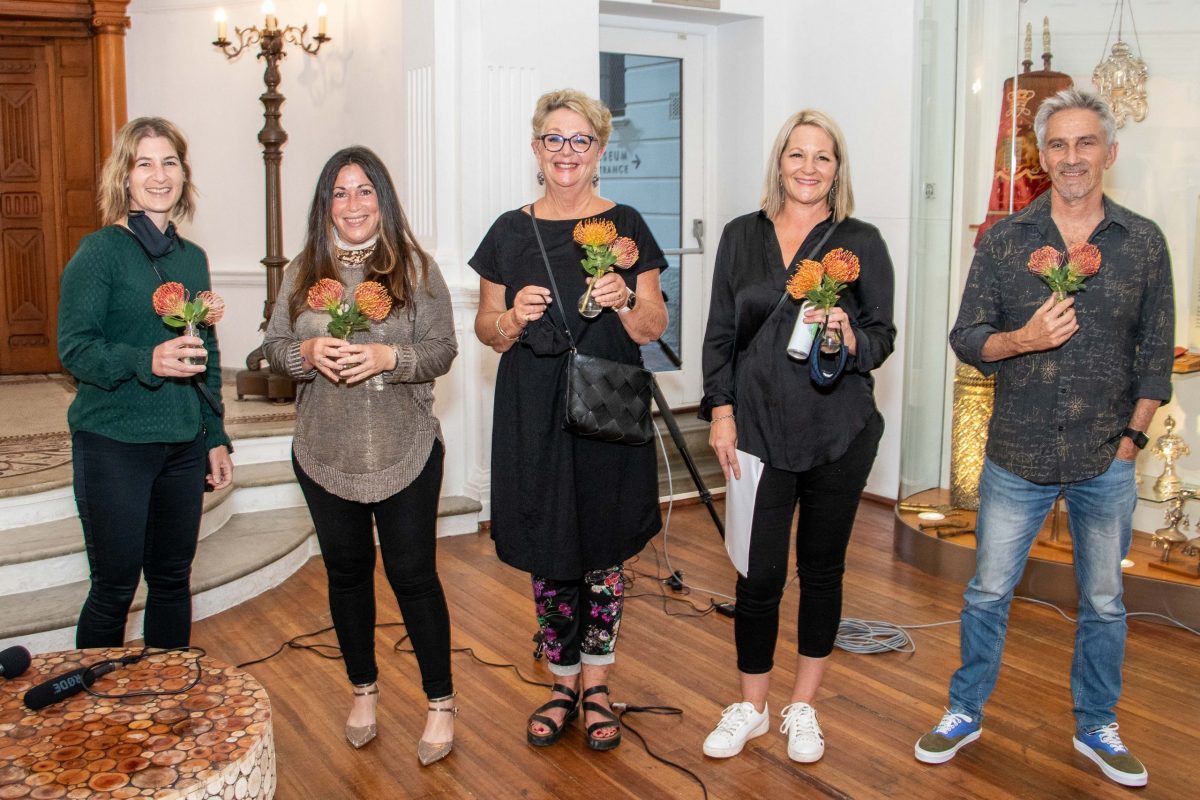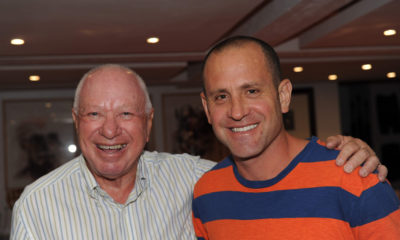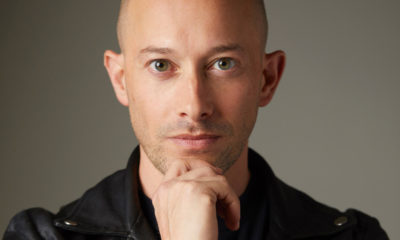
Featured Item

Businesses rewarded for pivoting overnight
If there’s one word that captures the challenge of business in 2020, it’s “pivot”. But what does it really mean to find that your entire market, customer base, and business model has been obliterated overnight? What is it really like to rebuild, re-imagine, and begin again in no time at all, with the hope that your enterprise will blossom in a totally new environment?
“We had to act really quickly and within three days adapt our clothing factory into a mask factory,” says Mandi Dicks. She and her mother, Sue Clague, of Ajay Apparel, are the winners of the Shining Light Awards, an initiative created by communal organisations ORT Jet and Staffwise in Cape Town “to celebrate businesses that have managed to survive and thrive in a year that seemed intent on dimming the lights”.
After a tough “shark-tank”-style competition between 45 businesses, the awards concluded with a ceremony last week. Judged by a prestigious panel and with sought-after prizes, it brought to light a plethora of businesses that encapsulate the meaning of evolution and innovation.
“Pivoting was very exciting, but also nerve wracking,” says Dicks. Over the past six months, the company produced more than one million masks and kept three factories open without cutting costs or laying off staff, most of whom are women from disadvantaged communities. In fact, its annual turnover increased 80% this year, catering to local corporates like Dis-Chem and Discovery, and producing masks for export to the United Kingdom (UK) and Europe.
Behind the scenes, it was a constant battle. “We had to ensure that the factory had measures in place to protect the staff and ourselves against COVID-19, and this wasn’t something we knew anything about,” says Dicks. “We had to arrange special permits with all workers, ourselves, all service provides such as couriers, printers, and packaging companies quickly.
“Changing production lines in a factory isn’t that easy, plus the machinists had never made masks before, so it took a little time to improve efficiency. This had to be balanced with the urgent need to get masks to customers as soon as possible.
“It was exhilarating, exciting, scary, but most of all rewarding to see that we could keep people employed and paid. In between production, we had many days when we had to close the factory for a day for a deep clean due to a COVID-19 case, and then we had to make up this production time in limited working hours,” she says.
“Exporting our masks to the UK and the United States (US) has been a wonderful experience, and it is has been fantastic to receive positive feedback about the quality of our masks and fast turnaround times. Hopefully this will lead to other exports, which means more South African-based production and more people employed,” says Dicks.
Second-place winner, Vanessa Frankal, went from being a busy travel agent to business coming to a complete standstill overnight. In a desperate situation, she did anything she could to make ends meet until she was “tapped on the shoulder by an old client who needed to get from Cape Town to the US on a repatriation flight”.
After successful assisting her, she decided she needed to “fake it till you make it”. She branded herself a “repatriation flight expert”, and set out to make herself just that.
With her new offering, Repatriation Flight Specialists, she has seen countless families and couples reunited, and has got people where they need to go in spite of endless obstacles. Few were offering this service, so her name spread like wildfire, especially to stranded Australian travellers. She made connections at Home Affairs, and the acting deputy director general of immigration, Modiri Matthews, allowed her to WhatsApp him anytime with queries.
She continues to repatriate people, and hopes to evolve her business to focus on immigration and emigration. She plans to partner with other businesses to make this a seamless process.
Third place winner Philip Rubin of Health Island recalls how “with the advent of COVID-19, our market ground to a halt and we went from 15 000 sales a month to zero”. Started in 2010, the company created the first vending machines with health products in South Africa. Before lockdown, it had about 60 sites, but when people were forced to work from home, the human traffic in offices blocks, schools, universities, and hospital waiting rooms ceased, and it had a profound impact on the business. The company simply had to reinvent itself – and fast.
“Our business was looking bleak until we had the idea of helping businesses connect with their staff working at home by sending them a healthy snack pack,” says Rubin. “It wasn’t easy. We had to scramble around to find a courier company that would deliver in 48 hours at a reasonable rate, put together a range to suit various budgets, personalise every box, and get marketing material together, but the business took off really well.”
Over the past six months, Health Island has delivered more than 3 000 packs to corporate customers that took a chance on the new offering. The message was #stayathome and #stayhealthy. New product lines were added, including vitamins.
“I felt incredulous at the positive interest on the one hand, overwhelmed in terms of the challenges in putting it together under lockdown, and then gratitude and excitement on the new way forward,” says Rubin.
Viewer’s choice winner Ilana Kahn’s Coffeeright was a successful 12-year-old business supplying coffee bars to corporate and private functions until March this year. “After experiencing my busiest month ever in February with 37 functions providing work for 22 baristas, I suddenly had to close my doors on 18 March,” she says, as the events industry shut down in an instant.
Within a few days, she had to come up with ideas to keep her staff, save her business, and pay her bills and wages without taking a loan.
“Webinar after webinar told me to pivot my business, but I didn’t know how to take Coffeeright online, which seemed to be the only way. But once I realised we were going down to level 4, I could start plotting and planning. We had bar counters, equipment, baristas, and product we had bought for our March functions. So how to get it to customers? There were so many coffee bars already open, but I realised people were quite hesitant to go into them.”
After securing a vacant petrol station, arranging permission from the city council and meeting all the COVID-19 compliance regulations, Kahn opened the first coffee drive-through in South Africa at the beginning of June.
“It was an instant hit! It’s different, convenient, and safe as people didn’t have to get out of their car or mingle in a coffee bar.” With the future of events so uncertain, Kahn intends to find other innovative ways of bringing coffee to customers.
From the panel of judges, business leader Dawn Nathan-Jones said, “These businesses chose triumph over adversity. Amidst all the fear, they looked for hope and in all the chaos, they saw opportunity, doing things out of their comfort zone and showing strength, determination, and so much courage.”










